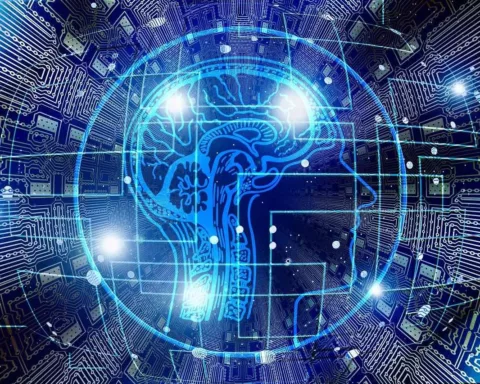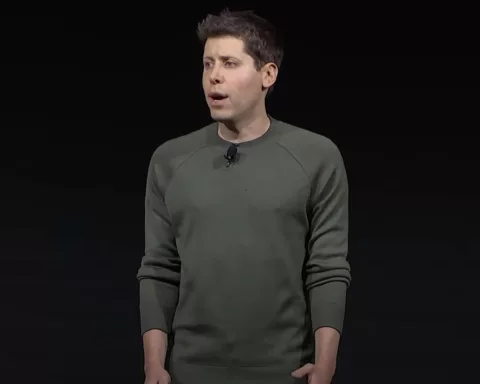In a world where artificial intelligence (AI) is rapidly transforming every aspect of our lives, the need for global cooperation in shaping AI safety measures is more crucial than ever. Earlier today (June 10, 2023), according to a report by Sarah Zheng for Bloomberg, Sam Altman, co-founder and CEO of OpenAI, the company behind the revolutionary AI-powered chatbot ChatGPT, highlighted this in a speech delivered at a Beijing conference, emphasizing China’s key role in this global endeavor.
Altman’s call for China’s involvement comes at a time when AI is becoming a strategic area of focus, not just in Silicon Valley, but also in China. Both regions are witnessing an influx of talent and investments in AI, marking a deepening tech rivalry between the world’s two largest economies. However, the rapid advances in AI have also underscored the need for effective regulation, a point that the Bloomberg report says Chinese President Xi Jinping has echoed, advocating for increased state oversight to address national security concerns.
The OpenAI CEO’s appeal for China’s participation is rooted in the country’s rich pool of AI talent. As Altman pointed out, the challenges of aligning advanced AI systems necessitate the involvement of the best minds from around the globe. The Beijing Academy of Artificial Intelligence, which hosted the event, is a testament to China’s strong positioning in the AI sector. This non-profit organization, backed by China’s Ministry of Science and Technology and Beijing’s local government, has been recognized by Microsoft Corp. President Brad Smith as a frontrunner in AI innovation.
Microsoft President Brad Smith on generative AI rivals:
— Rui Ma 马睿 (@ruima) April 24, 2023
"We see three at the absolute forefront," Smith said in an interview in Tokyo with Nikkei Asia. One is Open AI with Microsoft, the second is Google, and "the third is the Beijing Academy of Artificial Intelligence." 🤔
Despite the potential for collaboration, there are significant hurdles. OpenAI’s ChatGPT, for instance, is not currently available in China because the government reportedly believes that it could be used for propaganda purposes. According to a report by AI Business (which cited Reuters), in February, the Chinese government said “it would offer support to domestic companies looking to develop ChatGPT-like conversational AI systems.”
China’s tech regulators have indicated that the responsibility for algorithm and content demands may largely fall on platform operators. The State Council has also announced plans to discuss AI-related legislation later this year, signaling a move towards more structured regulation.
In his speech, Altman also revealed OpenAI’s plans to open-source more of its models in the future as part of its commitment to promoting AI safety. However, he did not provide specific details about the timeline or the models to be released.
The Bloomberg report also mentioned that Altman’s speech in Beijing is part of his global tour to advocate for AI governance.
Featured Image Credit: Photo / illustration by “geralt” via Pixabay





